Vanmiddag had ik een leesmiddag. In dit artikel een overzicht van de interessante dingen die ik tegenkwam. Met veel AI en een stukje verhaal.
AI weet hoe je reageert
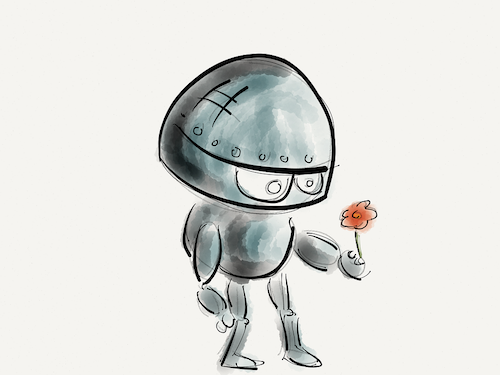
Een tijdje geleden schreef ik over Cambridge Analytica. Het beweerde dat het op basis van Facebook en andere databases een psychologisch profiel van iedere Engelsman en Amerikaan had opgebouwd.
Zo kon het honderdduizenden afgestemde boodschappen op kiezers afsturen. Het hielp daarmee het Brexit-kamp en Trump de overwinning te behalen.
In die lijn is de artikel interessant. Of beangstigend, al gelang je levensvisie: AI systems learn to tap into emotions
“In essence, if we know everything about someone, we can structure language using all these elements. We can expose an individual and read the results, and if we can do that at scale, rapidly, we can start making the connection that this individual responds to this type of language and emotion, and it gets this type of action.”
AI wordt creatief (of niet)
Maar, hoe creëer je duizenden afgestemde communicatieboodschappen? Deze campagne van Toyota is een voorbeeld. Saatchi LA Trained IBM Watson to Write Thousands of Ads for Toyota
Saatchi liet IBM’s robot Watson duizenden creative taglines verzinnen voor een nieuwe Toyota. Doel was de aandacht van wetenschappers te trekken.
P.S. Ben je een creatief die nu paniekgevoelens ervaart? Dan werkt dit vast relativerend: Will AI Take Creative Jobs? Judging by These Paint Names, Probably Not Today
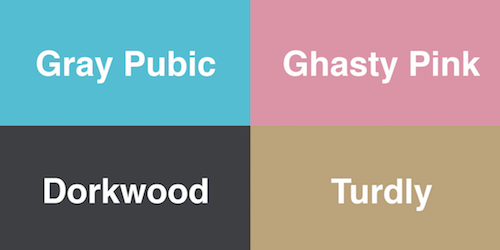
Uber gebruikt psychologische trucjes tegen z’n chauffeurs
Maar… dit betekent niet, dat het gebruik van big-data en AI geen discutabele effecten kan hebben. Een goed voorbeeld is dit artikel uit de New York Times niet: How Uber Uses Psychological Tricks to Push Its Drivers’ Buttons
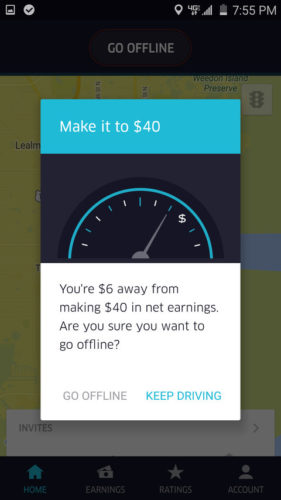
“Employing hundreds of social scientists and data scientists, Uber has experimented with video game techniques, graphics and noncash rewards of little value that can prod drivers into working longer and harder — and sometimes at hours and locations that are less lucrative for them.”
“To keep drivers on the road, the company has exploited some people’s tendency to set earnings goals — alerting them that they are ever so close to hitting a precious target when they try to log off.”
Google weet of je de waarheid vertelt

Voortbordurend op de macht van AI: dit is een interessante anecdote, die de objectiviteit van onderzoek relativeert: Data Tell the Truth.
De strekking: wat mensen zeggen, is niet altijd wat ze denken. Maar wat ze denken, bepaalt wel wat ze zoeken.
“Another example involves homosexuality. Survey data and social media profiles suggest the proportion of men who report being gay is roughly twice as high in Rhode Island as it is in Mississippi. Yet Google searches of terms associated with gay pornography vary little across the country, and are only marginally higher in Rhode Island than in Mississippi – suggesting that the survey results and social media profiles in some states may not reflect reality.”
Vertel niet alleen de feiten, deel ook het verhaal
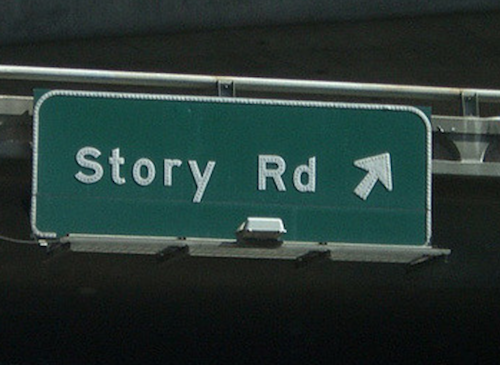
Maar, als tegenhanger voor al dit robot-denken: het gaat niet alleen om cijfertjes. Het gaat ook om het verhaal dat je over deze cijfers vertelt.
“Use data and statistics and research when you’re telling a story. At Stanford Universty, they found that statistics combined with stories have a retention rate of 65–70%. That’s insane.”
Deze bewering komt uit: Storytelling should be the number one skill you want to improve
Nog een tip: “Make your story relatable. Use language, settings, characters, characterisations that people can resonate with. Maybe you didn’t just go to the bar. Maybe you went to the bar because it was one of those hot nights last summer where the whole city was up all night…”
Gemak is belangrijker voor loyaliteit
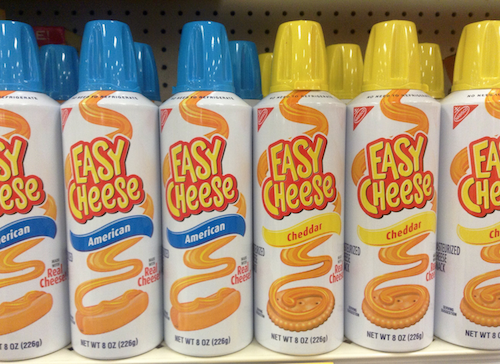
Maar helaas sluit ik niet af met deze warme, verhalende gevoelens. Ik zeg het vaak tijdens workshop en colleges: loyaliteit van klanten draait niet zozeer om emotionele betrokkenheid. Vaak gaat het gewoon om gemak.
Veel digitale diensten zijn hierop gebaseerd. Het is makkelijk om hetzelfde te blijven doen, het is moeilijk om ermee te stoppen. Dus ben je loyaal op basis van gemak. Je zit vrijwillig gevangen in het eco-systeem. Facebook, en Spotify zijn een goed voorbeeld hiervan.
Dit artikel ligt in de lijn van deze stelling: Why convenience is the key to winning loyalty.
“More than your brand, product, or price, making it easy for consumers to do business with you is what will ultimately determine whether they become lifetime customers, or move on to your competitors.”
Dat was het. Mijn leesmiddag is voorbij. Een fijne avond!
